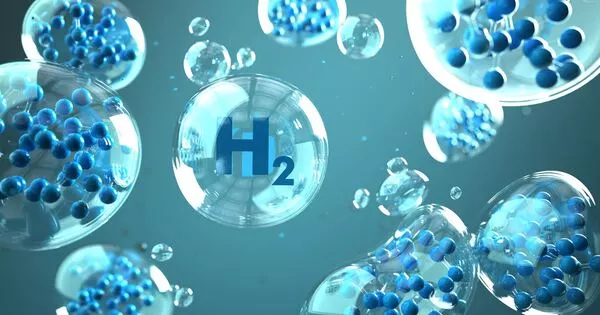Hydrogen is the most abundant element in the universe, and it plays several important roles on Earth. It is mostly used to make water. Hydrogen gas can be used to reduce metallic ore. It is also used in the chemical industry to produce hydrochloric acid. Atomic hydrogen (AHW) welding requires the same hydrogen gas. Hydrogen has numerous applications. It is the lightest element and can be used to lift balloons, but it is also highly flammable and thus dangerous. This and other properties make hydrogen suitable for use as a fuel.
Here are some of its key functions:
- Energy production: Hydrogen is used as a fuel in a variety of applications, including powering fuel cells and combustion engines. When hydrogen is burned, it produces energy in the form of heat and water vapor.
- Industrial processes: Hydrogen is used in a number of industrial processes, such as in the production of ammonia for fertilizer, in petroleum refining, and in the manufacture of steel.
- Clean energy: Hydrogen is considered a clean energy source because it produces no greenhouse gas emissions when burned. It is being explored as a potential alternative to fossil fuels in transportation and energy production.
- Biological processes: Hydrogen is involved in biological processes, such as in the production of ATP, the energy currency of cells. It is also a component of water, which is essential for life.
- Atmospheric processes: Hydrogen is involved in the chemical reactions that occur in the Earth’s atmosphere, such as the breakdown of ozone. It also plays a role in the Earth’s water cycle, as water vapor is a key component of the atmosphere.
Because hydrogen is extremely flammable, especially when mixed with pure oxygen, it is used as rocket fuel. Typically, these combine liquid hydrogen and liquid oxygen to create an explosive mixture. Because the result of igniting hydrogen is simple water, it is one of the cleanest fuels. This is one of the primary reasons why efforts are being made to develop engines that can run on this gas.
Although hydrogen is highly flammable, gasoline is also. Although caution is required, the amount of hydrogen used in a car poses no greater risk than the amount of gasoline used. Despite being one of the cleanest fuels on the planet, the high cost of mass production makes it impossible to use in commercial and domestic vehicles in the near future. When hydrogen is heated to extremely high temperatures, the nuclei of its atoms fuse to form helium nuclei.
This fusion releases a massive amount of energy known as thermonuclear energy. This is the process that generates solar energy. Because gas is used as a refrigerant in electric generators, many plants use it as a leak-checking agent. Other applications include ammonia processing and production. Many household cleaning products contain ammonia. It also serves as a hydrogenation agent, converting unsaturated unsaturated fats to saturated oils and fats.
















